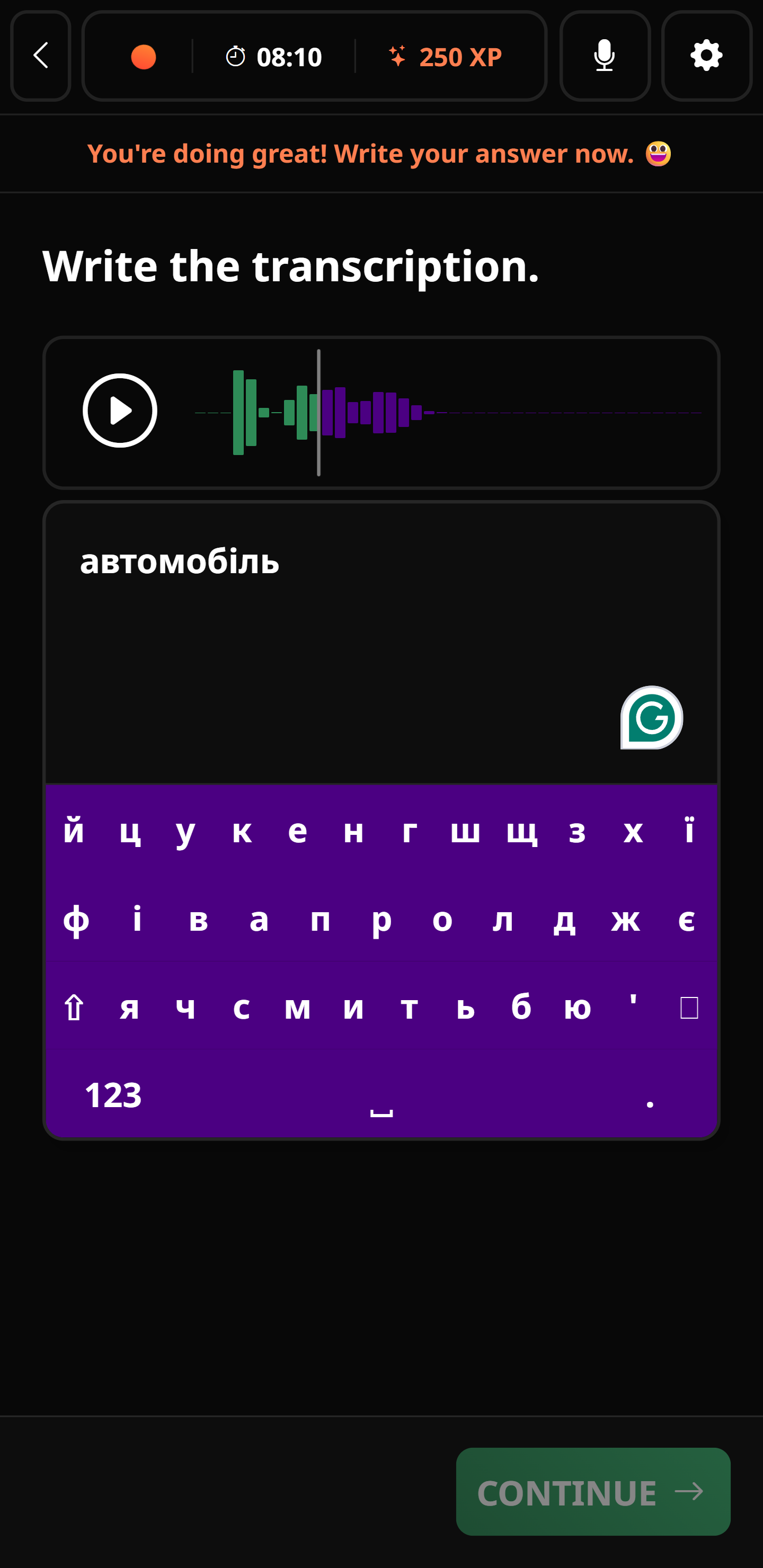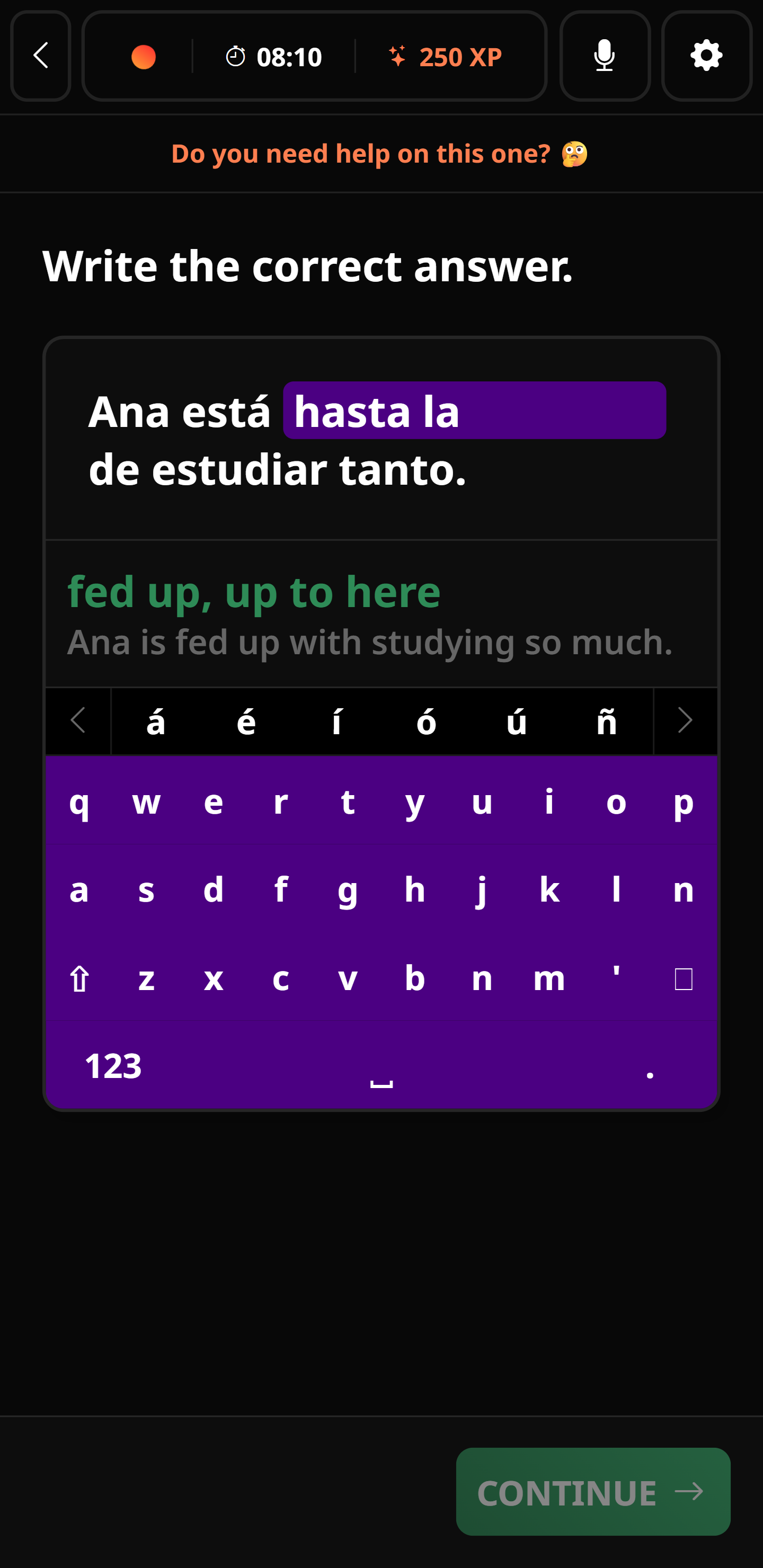🌟 Basic Phrases and Greetings for the Expat
Starting with the simplest yet most fundamental elements, knowing basic phrases and greetings is essential for every expat in France. In this section, we cover vocabulary like (hello) and (goodbye) to help you confidently greet locals. These practical expressions are your first step towards fluency. Learning these basics sets the foundation for more advanced language skills.
Important
Mastering etiquette phrases not only improves your language skills but also helps you navigate social situations confidently.
The essentials of greetings form the base from which you can build more nuanced interactions. Regular exposure to these terms in daily conversations—whether in cafes, shops, or administrative offices—will reinforce your learning and ease communication. For additional practice, refer to our previous lessons on 50 French Common Phrases for Beginners: A Comprehensive Lesson.
🗣 Navigating French Grammar Essentials
An in-depth understanding of French grammar is imperative to progress in your language journey. The structural aspects such as subject-verb agreement, placement of adjectives, and sentence construction are critical. We highlight key grammar points including the use of and for gendered articles and the subtle differences between and in compound tenses.
Important
A strong grammatical foundation empowers you to form complex sentences and improves your overall communication skills.
Many advanced learners revisit fundamental grammar concepts to refine their fluency, and this lesson incorporates both rules and practical examples. Enhance your understanding by cross-referencing techniques from How to Learn French Grammar: A Comprehensive Lesson for Intermediate Learners while progressing at an advanced pace.
Become bilingual in 30 days with Univext!
Start a lesson with our teacher for free and become bilingual like our 50,000 students!



📜 Mastering Verb Conjugation for Expats
Verb conjugation is at the heart of mastering any language, and French has its distinct set of patterns to learn. Focus on regular and irregular verbs and practice using different tenses, such as the present, past , and future. Below is a table demonstrating a few examples of verb conjugations for rapid reference:
Important
Focusing on verb conjugations not only enriches your vocabulary but also allows you to express a wide range of actions accurately.
For a more comprehensive list, visit our article Complete Guide on French Conjugation: Master Verb Forms Like a Native where you can dive deeper into the nuances of each conjugation pattern.
✍️ Exploring Descriptive Language and Adjectives
Using adjectives effectively can dramatically improve your descriptive language when interacting as an expat. French adjectives, many of which are influenced by gender and number, require attention to detail. Consider adjectives like (big) and (small), which change their form based on the subject's gender and quantity. To illustrate, a table presents some adjectives with varying forms:
Important
Learning adjectives and adjectives agreement is crucial for precise self-expression and contributes to the natural flow of conversation.
For more detailed descriptive language techniques, see our earlier discussion on 50 Adjectives in French For Intermediate Learners: Master Descriptive Language, which expands on nuance and variations.
📅 Everyday Expressions and Idioms for the Expat Life
Everyday expressions and idioms introduce you to colloquial French, allowing you to blend in seamlessly with locals. Phrases like (How are you?) and (That's life) add color to your everyday conversation. Incorporating idiomatic expressions into your vocabulary not only reflects your growing language proficiency but also deepens your understanding of the cultural context.
Important
Idioms and everyday expressions provide crucial insight into the local mindset and help articulate emotions and experiences uniquely.
Integrating these common expressions enhances your listening and speaking skills and makes your interactions more engaging. Supplement your practice with insights from 5 Simple Techniques to Understand Spoken French in Real Conversations: A Practical Guide.
Become bilingual in 30 days with Univext!
Start a lesson with our teacher for free and become bilingual like our 50,000 students!



💼 Workplace and Professional French
In a professional environment, your language proficiency extends beyond casual conversation to include industry-specific terminology and formal registers. Whether you are attending meetings or writing emails, understanding the nuances of professional French enables clearer communication and reflects positively on your professional image. For example, terms like (colleague) and (meeting) are indispensable.
Important
Acquiring a robust vocabulary tailored to workplace scenarios is essential for expats aiming to integrate effectively into the French corporate environment.
Consider the importance of tone and formality when dealing with professional correspondences. Our guide on Univext: Transform Your French Corporate Language Training Today offers additional insights into professional language strategies.
🗼 Cultural Nuances and Politeness in French Conversation
Understanding cultural nuances is as critical as mastering vocabulary. The French place a high emphasis on politeness and formalities in communication. You might encounter expressions such as (sir) or (madam), and these respectful terms play a significant role in both professional and social contexts.
Important
Cultural awareness, paired with proper language use, helps avoid misunderstandings and builds mutual respect in diverse interactions.
Being aware of the local idioms and respectful greetings is essential for social integration. For further cultural insights, check out 10 Places to Visit in France with Local Expressions: A French Learning Journey, which highlights the importance of language in contextual settings.
💡 French Slang and Informal Language
As you advance in French, embracing informal language and slang can help you gain deeper insights into everyday interactions. Slang expressions, while casual, are prevalent in social settings and rejuvenate your language skill set. Expressions like (yeah) offer a relaxed tone in conversations.
Important
Understanding and using slang appropriately can bridge the gap between formal language education and real-world conversations, creating a holistic learning experience.
This section encourages experimenting with French slang to enhance your conversational skills. To broaden your learning, refer to our comprehensive vocabulary guide in 40 French Words That Will Make You Sound Like A Native which includes common colloquial terms.
Become bilingual in 30 days with Univext!
Start a lesson with our teacher for free and become bilingual like our 50,000 students!



🏢 Navigating French Bureaucracy with Language Skills
Living in France often involves handling bureaucratic systems where language precision is key. Whether you're dealing with administrative forms or legal documents, a clear command of formal and precise French terms is necessary. Phrases like (form) and are common in these scenarios.
Important
Developing an advanced vocabulary tailored specifically for administrative contexts helps you confidently navigate government offices and official procedures.
Understanding the formal tone and specialized vocabulary sets a foundation for smoother interactions within bureaucratic institutions. Our detailed insights in 10 Tips on How to Prepare the DELF A1 in French: A Comprehensive Guide can further enhance your understanding of the language required in official environments.
📚 Media and Literature Exposure for Advanced Learners
Leveraging French media is an excellent way to immerse yourself in the language and culture. Engagement with French newspapers, films, and literature exposes you to varied linguistic styles and advanced vocabulary. Reading French classics or listening to French music helps refine your listening and reading skills by providing contextual examples of idiomatic and formal expressions alike.
Important
French cultural media plays a pivotal role in expanding vocabulary and deepening your comprehension of colloquial phrases and cultural references.
To further refine your understanding of complex sentence structures and expressions, exploring links to our articles such as The Ultimate Guide to Intermediate-Level French Conversation Practice: Master Natural Speech can provide additional perspectives and enrich your learning journey.
🏠 Integrating into French Society: Language and Lifestyle Tips
Adapting to a new culture includes understanding local customs, everyday norms, and practical language nuances. Advanced learners will benefit from learning phrases related to daily routines, such as (to walk) and (to shop). This type of vocabulary proves essential when interacting with neighbors, exploring local markets, or enjoying community events.
Important
A blend of social language with cultural insights allows expats to fully integrate and enjoy a balanced lifestyle in France.
This section emphasizes using language to enhance your social integration, encouraging dialogue and participation in community activities. For helpful studies, check additional advanced grammar and usage tips in 20 Basic French Terms for Christmas: Essential Holiday Vocabulary Guide, which can also be applied to seasonal traditions and social events.
Become bilingual in 30 days with Univext!
Start a lesson with our teacher for free and become bilingual like our 50,000 students!



🔎 Expanding Vocabulary Through Everyday Practice
The final aspect of thriving in France as an expat is continually expanding your vocabulary through everyday practice. Engage with a variety of language sources including formal lessons, casual conversations, and multimedia content. Mix traditional vocabulary exercises with innovative techniques such as watching local television or reading French blogs. Advanced learners are encouraged to delve deeper into complex expressions such as (paradoxical) and (sophisticated).
Important
Constant exposure to new words and expressions enhances your fluency, making your language skills more adaptable and robust in real-life contexts.
This continuous learning process is instrumental in improving both your written and spoken French, ensuring you remain confident and competent in diverse interactions. Don't forget to review dynamic content like Mastering French Gender of Nouns: The Ultimate Guide and French Conjugation: Master the Imparfait Very Easily for ongoing enrichment.
